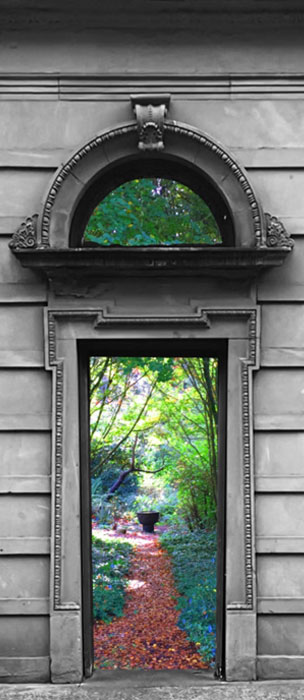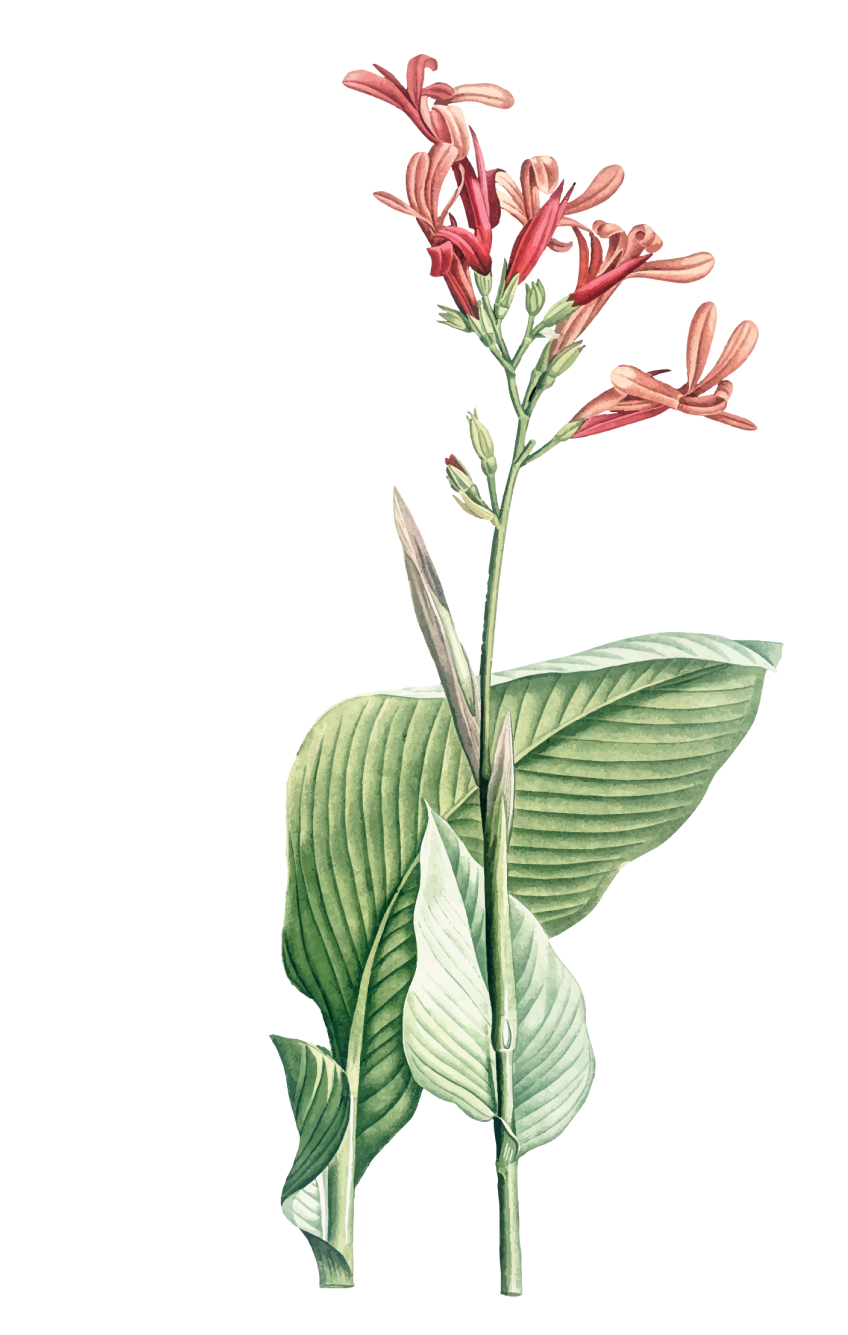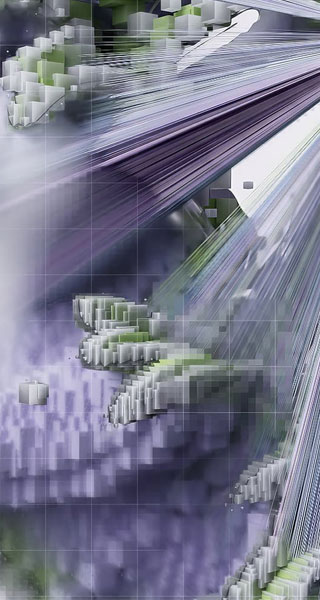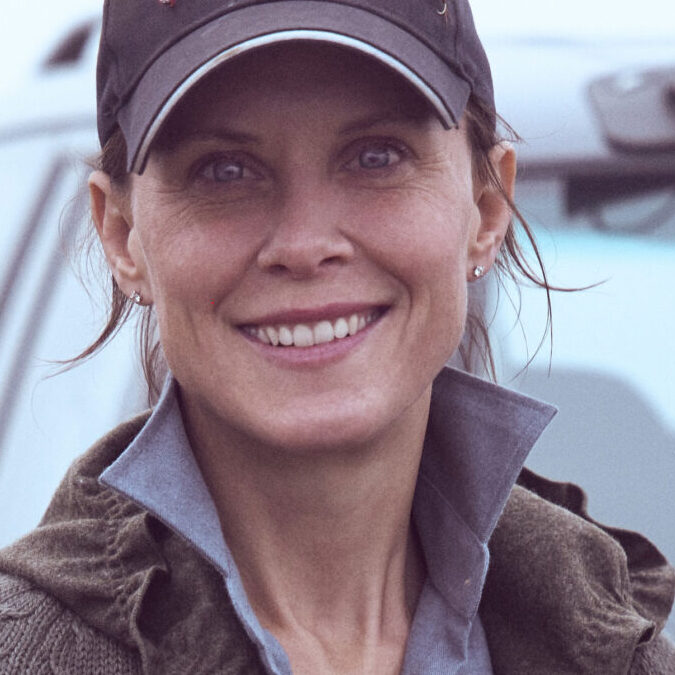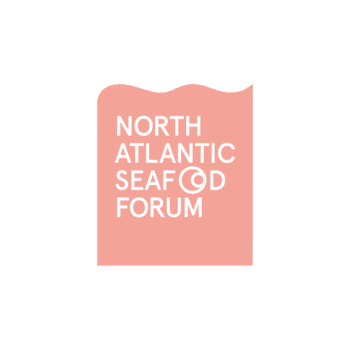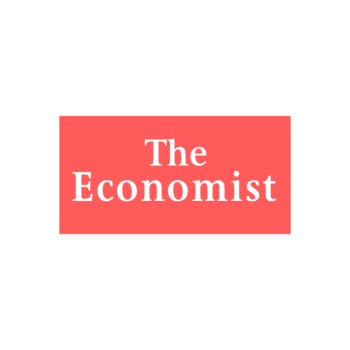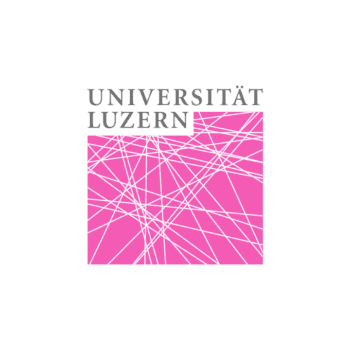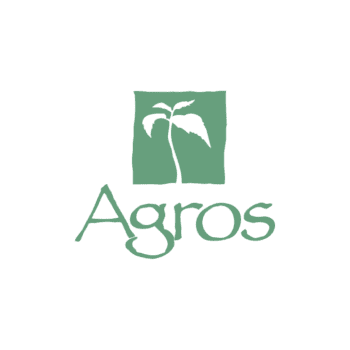Magdalena Wallhoff
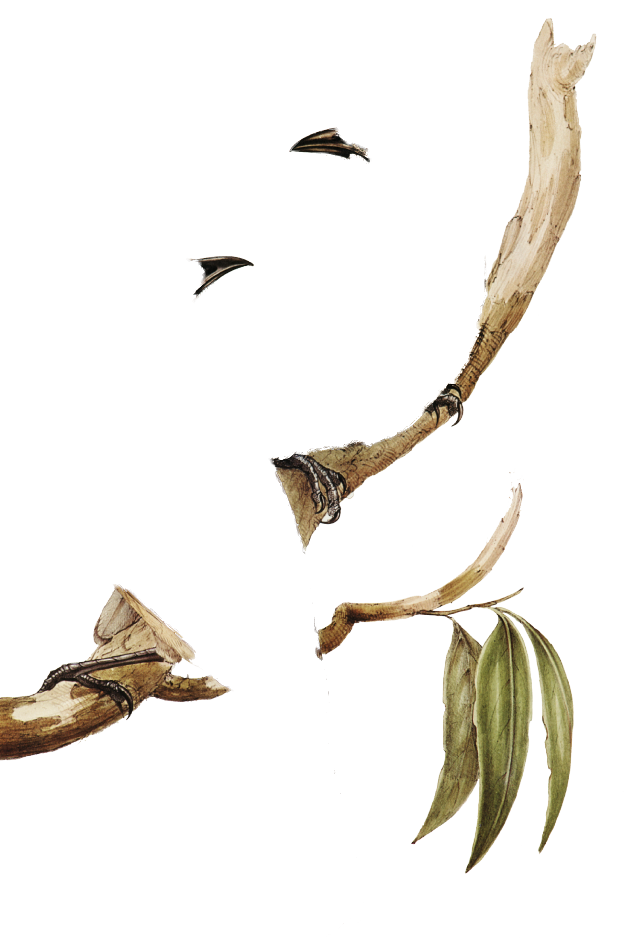
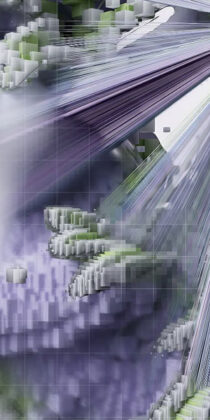
Facilitating conversations about, and speaking on, “how then shall we live” in our times.
A deep appreciation for the human story
Working in global food production, artificial intelligence, and architecture, across the globe, has given me a practical understanding of human activities, a deep appreciation for the human experience, and a sober recognition of the interconnectedness of everything.
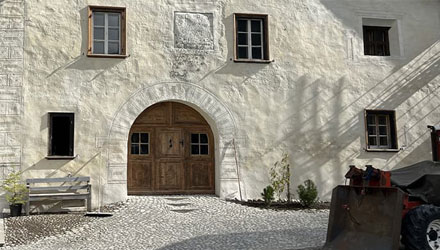
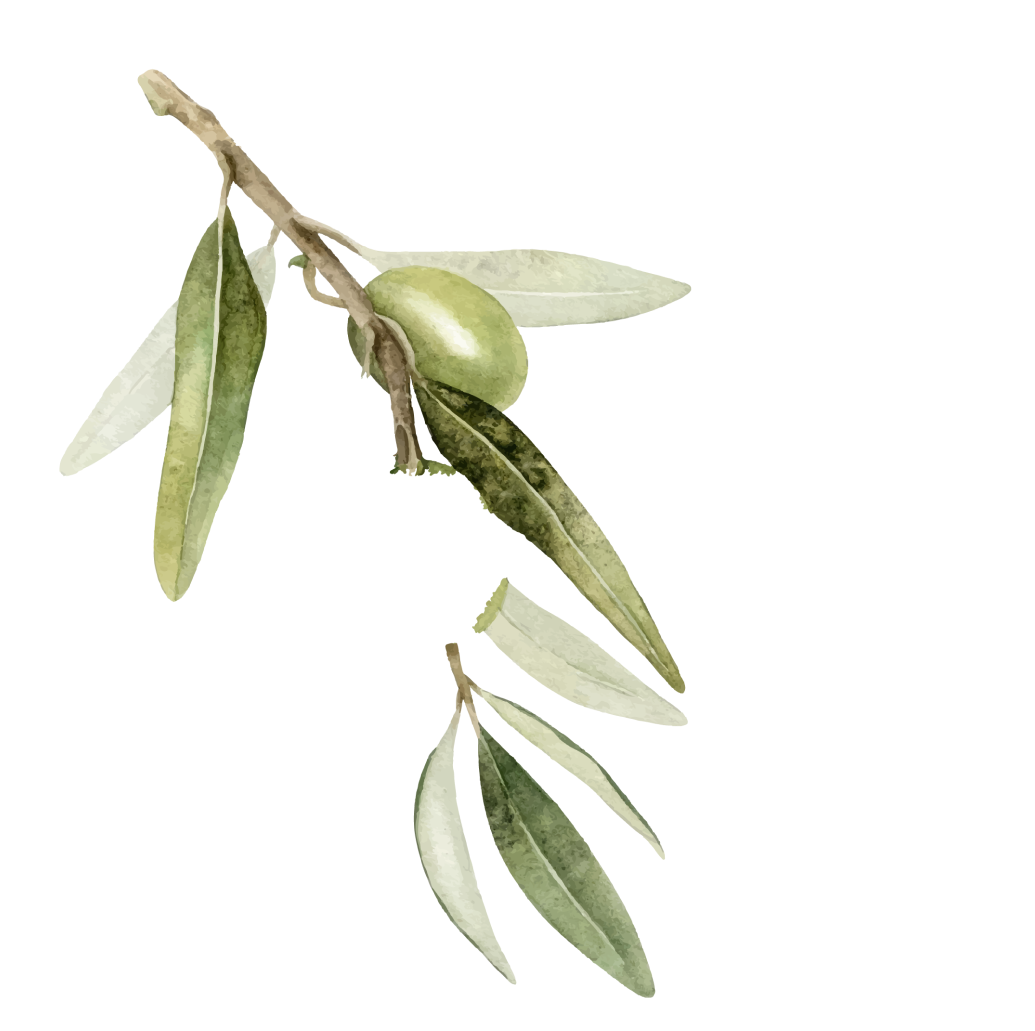
Speaker, Facilitator, Guest Lecturer
Clarity, not agreement, is the goal. Honouring one another with logical and honest conversation is a greater joy than agreeing with one another.
Videos on the Topics
How then shall we live…?
Thinking
In our headlong rush for ever-greater efficiency, “tech solutions,” and new techniques in every area of life, we rarely consider the implications. To manage resources, institutions, and businesses effectively and wisely requires honest thinking –and active conversations.
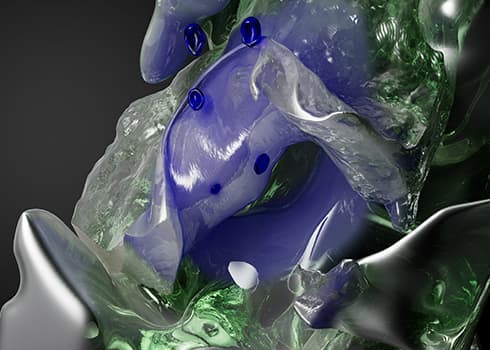
AI is already at the heart of much of our modern comforts. Those who live in the developed parts of the world relish -with awe- the additional ease that comes with new tech. We associated the new, the latest, with progress, and AI’s impressive capabilities is almost automatically considered progress. History warns us that our quick and unquestioned adoption of innovations has dramatic unintended consequences. AI will radically shift how we understand ourselves as humans, and there are certain elements of humanity that we must wrest from the clutches of technique and technology before they are gone.
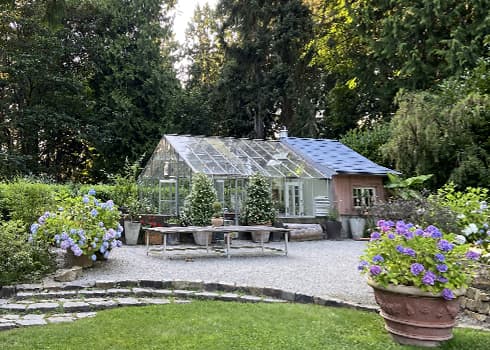
Architecture and construction are of particular interest to me, since we live in a built environment and are profoundly affected through it. It is another foundational piece of human living, in which we should all engage in some way. It should not remain the realm of a few so-called experts.
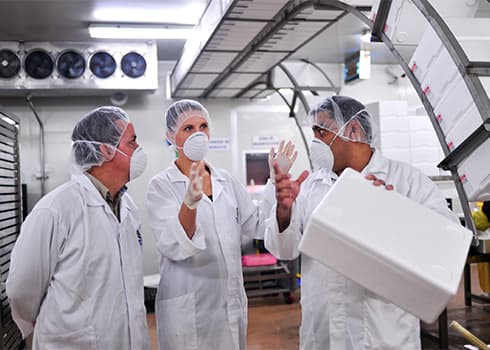
Food is foundational to the human story. Population growth and poverty reduction will always be connected to food production, distribution, and pricing. How we raise our food is both fascinating and critical. As artificial intelligence further streamlines the global food machine, we will consume, growing ever more accustomed to the surfeit of “product.” Yet we are designed for connection – not consumption.
The specialisation that exists in our industries has limited the perspective of many. I desire to show the myriad connections between different industries, trends, traditions, and histories that can open up new and innovative opportunities for individuals, societies and businesses.
Facilitating Conversations
Tying together topics and why they matter across the world.
GET IN TOUCH
